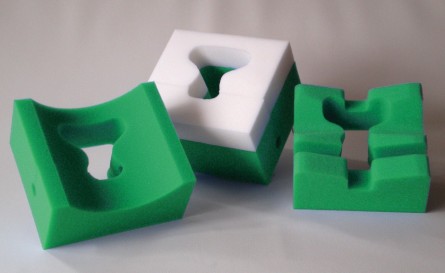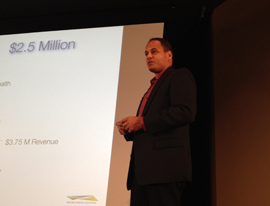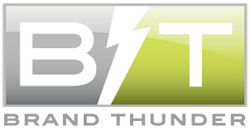It was Demo Day at the Memphis based ZeroTo510 startup accelerator this past Thursday. ZeroTo510 is the first cohort based medical device accelerator and was created with a partnership between Seed Hatchery and Memphis BioWorks.
We were really excited when Charleson Bell, the CEO and co-founder of BioNanovations presented their TestQuick technology on Thursday. First off, Bell and his partner Andre T Stevenson had spent some time with us a few weeks back during office hours. It was then that we learned how BioNanovations was preparing to really change the world. We all know that most startups say they’re going to change the world, the ZeroTo510 class is really going to do it.
Bell and Stevenson gave us a crash course in nano particles when we first met for office hours. Bell has done a great job of “dumbing down” the science behind their technology for laymen like myself.
We were fascinated by the BioNanovations team when we first met them. While Bell had been working on using nano particles to find bacterial infections early on and Stevenson had discovered the biomarkers for cancer before they had become cancer.
The BioNanovations team will most likely bring many great products to market but their debut product “TestQuick” will have a huge impact for millions of people suffering from bacterial infections.
Bacterial infections kill more people than AIDS, breast cancer and automobile accidents combined, every year. What’s even more troubling than that is the fact that over 1.7 million bacterial infections are hospital born. That means that people who have gone into the hospital for something else, incur some kind of bacterial infection. These hospital borne infections cost over $40 billion dollars.
That’s not all though. One of the most alarming facts in all of this is that these bacterial infections can claim a life or a limb in less than 48 hours, however the traditional diagnostic testing can take 4-5 days. Yes, unfortunately, the traditional way means that several people lose their lives before getting the diagnosis back on the infection.
What BioNanovations TestQuick product offers is a testing platform and reader that can confirm the type of infection and the level of the infection in under 30 minutes and patient side.
Bell was quick to point out his competition. That’s actually key in an investor pitch day.
BioNanovations main competition is a company called Nanosphere. They offer a diagnostic testing platform that comes back in three hours. Nanosphere received FDA approval and has 200 orders already. Their testing cassettes are $75 a piece and the machine to scan them is $100,000.
Compare that to BioNanovations TestQuick cassettes that sell for $100 a piece but the reader costs just $1000.
But that’s not all. Nanosphere’s technology has a three-hour turn around time, post culture. That means after the initial diagnosis. BioNanovations, TestQuick platform is the first pre-culture diagnostic tool, saving critical time and lives.
Check out Bell’s ZeroTo510 Demo Day pitch video below:
Linkage:
Check out BioNannovations here at their website
Investors, reach bell at charleson.s.bell@bionanovations.com
Here’s more Demo Day coverage from Nibletz
















